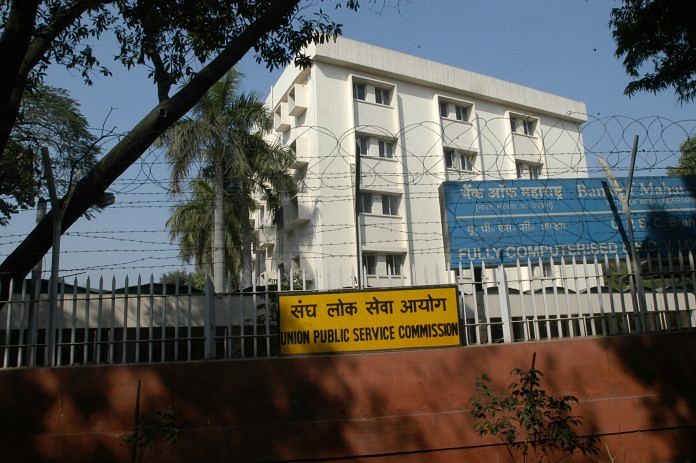By turning the foundation course into an obstacle course, we will really convert the ‘Happy Valley’ into a ‘Paradise Lost’.
At the heart of the proposal by the Department of Personnel and Training as reported in the media is that the allocation of service and cadre be considered based on the combined score a candidate secures in the civil services examination and the foundation course.
There are two reasons why the metal detectors should ring in this regard. First, the proposal undercuts the singular role of the Union Public Service Commission (UPSC) as a constitutional body that selects eligible candidates to the civil services based on their performance in a nation-wide examination conducted transparently and in a well-structured and process-driven manner.
Second, turning the foundation course into an obstacle course, where the operative principle is selection of those deemed the fittest on the basis of the diktat and preference of the director and members of the Academy faculty, will really convert the ‘Happy Valley’ (which is how I remember the Academy) into a ‘Paradise Lost’.
For the Foreign Service at least, the foundation course serves as a familiarisation period where the young officer-trainees from the service get introduced to the recruits from the other branches of the civil service, especially the IAS. This is a crucial period in which friendships are formed between the services that last through the rest of their service lives. All this will be vitiated by an atmosphere of intense rivalry and one-upmanship among the young entrants to secure entry to the service of their choice. Also, the Academy, as it is currently staffed, is not in a position to objectively assess the suitability of an officer-trainee for the Foreign Service.
The three-month foundation course has always been projected as crossing the threshold to a new life in the civil service. While for a service like the IAS it transitions effortlessly into a few more months of professional training at the Academy, it is not the case for the Foreign Service where the professional training in diplomacy and foreign affairs is undertaken after the foundation course is over at the Foreign Service Institute in New Delhi.
Quite separately, we need an objective classification of what the qualifying requirements for entry into each branch of the civil service should be and these criteria should operate at the point of entry at the written and oral exam stage.
For the Foreign Service, it should require the candidate to make a previously stipulated minimum grade in written English, History, Economics, and General Knowledge as compulsory subjects in the written civil service examinations (optional subjects can vary). Special emphasis must also be placed on the oral interview with a minimum qualifying grade of not less than 50 per cent to make the grade for entry into the Foreign Service. The personality and the articulation skills of the candidate are critical requirements for Foreign Service as service members are required to represent India internationally and must be a group of professionals who stand out for their competence and diplomatic acumen on the world stage.
So that the Foreign Service training course (this is more than the short foundation course at Mussoorie) is not taken for granted, the trainee’s performance in seminars and study groups, peer group relations, communication skills, written assignments and language training should be assessed. A certain percentage of marks should be assigned to performance during training and added to the UPSC grade received to determine the final position in the seniority list in the Service.
The real test is to bring reforms into the system of recruitment for the various branches of the civil service, especially the Foreign Service in the time of changing global equations and a heightened profile for India in the world. Ad hoc-ism and subjective assessments are to be avoided. The challenge is how not to graft alterations on a 20th century system of recruitment criteria but to assess the requirements that we must fulfil if we are to create a truly modernised, performance-oriented 21st century civil service that conforms to the best global standards.
The author is former foreign secretary in the government of India. She was the ambassador to China and the United States.
Also read: With civil-services revamp, enduring friendships at ‘Happy Valley’ will turn into competition by Shah Faesal.
Modi govt’s proposal to change how service & cadre are allocated to civil servants- a good idea?



